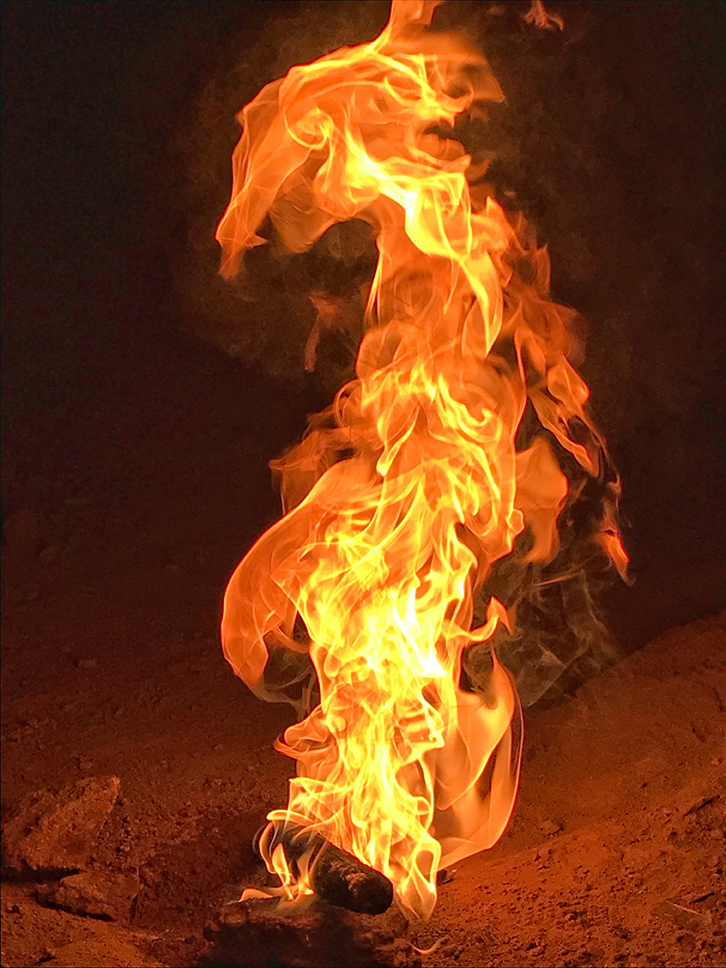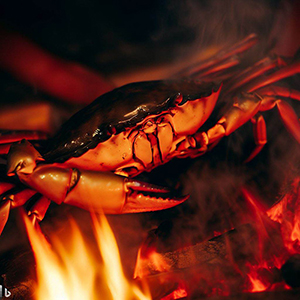
The recent unearthing of charred crab shells within a cave near Lisbon provides compelling evidence of the advanced culture among early hominids. Contrary to the long-held belief that Neanderthals were mere scavengers, this discovery reveals them to be skilled hunters, adept toolmakers, and even early chefs.
Researchers from the Catalan Institute of Human Paleoecology and Social Evolution (IPHES-CERCA) in Spain made this intriguing find at Gruta de Figueira Brava, a cave located south of Lisbon. Inside the cave, they found charred shells of brown crabs, astonishingly dating back 90,000 years. Dr. Mariana Nabais, the lead researcher at IPHES-CERCA, explained that Neanderthals harvested these large brown crabs from nearby rocky coast pools. These adult crabs had an average carapace width of 16cm, and the Neanderthals skillfully roasted them over coals before consuming the meat.
The absence of any scratches or marks on the shells dismissed the possibility of other animals being responsible for consuming the crabs. Instead, it strongly suggested that the Neanderthals intentionally harvested the crabs from low tide pools during the summer. The presence of black burns on the shells indicated that the crabs were cooked at temperatures ranging from 300 to 500°C, which, while high, were not far outside the realm of normal cooking temperatures.
This discovery effectively dispels the outdated notion of Neanderthals as primitive cave scavengers. The evidence of their consumption of various marine foods, such as limpets, mussels, clams, and fish, adds weight to the argument that their cognitive abilities were on par with early modern human populations from sub-Saharan Africa.
In summary, the finding of cooked crab shells in Gruta de Figueira Brava cave underscores the sophisticated culinary skills of Neanderthals. It offers a fascinating glimpse into the rich and complex culture of our closest relatives, shattering old stereotypes and shedding light on their advanced way of life.
The original article pre-edited is available at ScienceFocus.com.



